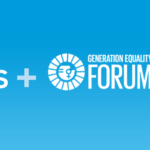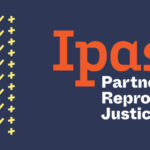

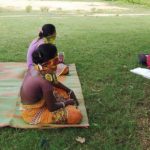
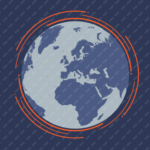
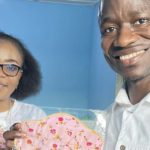
During COVID-19, women and girls around the world have faced a surge in gender-based violence (GBV) linked to lockdowns and stay-at-home orders issued by governments in response to the pandemic.
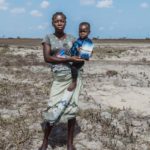
In the coastal town of Joal in Senegal, the community are dependent on the sea for everything from their food to their livelihoods. But a reduction in rainfall, plus an influx of sea water and algae, caused by rising sea levels and erosion, means that many species of fish that used to flourish in the mangroves no longer do so.
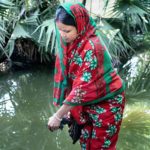

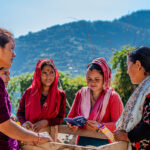
In rural Nepal, women’s lives have often been restricted by silence and unspoken rules. From menstruation taboos to misinformation on family planning and abortion, many young women are taught to accept harmful practices as normal. For years, Himali Khatri did too. “I am almost 40 years old, and until now, I have never received such knowledge about reproductive health,” she says.
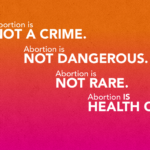
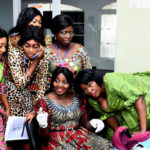

A bold new effort to coordinate and catalyze the safe abortion movement across Francophone Africa is under way.

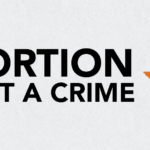

In Nigeria, where abortion is highly restricted and access to services is limited, more and more people are self-managing their abortions after going to patent medicine vendors (PMVs) for abortion information and pills.
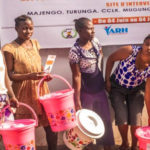
Representatives of seven youth groups from across the Democratic Republic of the Congo (DRC) are joining forces to advocate for sexual and reproductive health and rights, including safe abortion care in accordance with the Maputo Protocol.

In rural Nepal, women’s lives have often been restricted by silence and unspoken rules. From menstruation taboos to misinformation on family planning and abortion, many young women are taught to accept harmful practices as normal. For years, Himali Khatri did too. “I am almost 40 years old, and until now, I have never received such knowledge about reproductive health,” she says.
